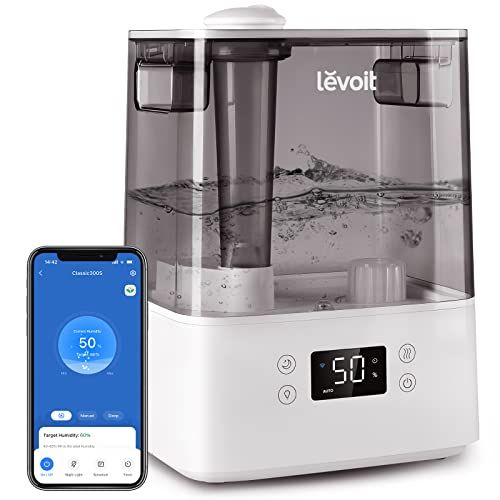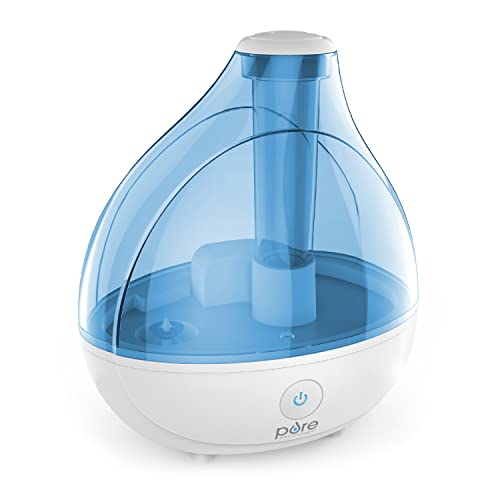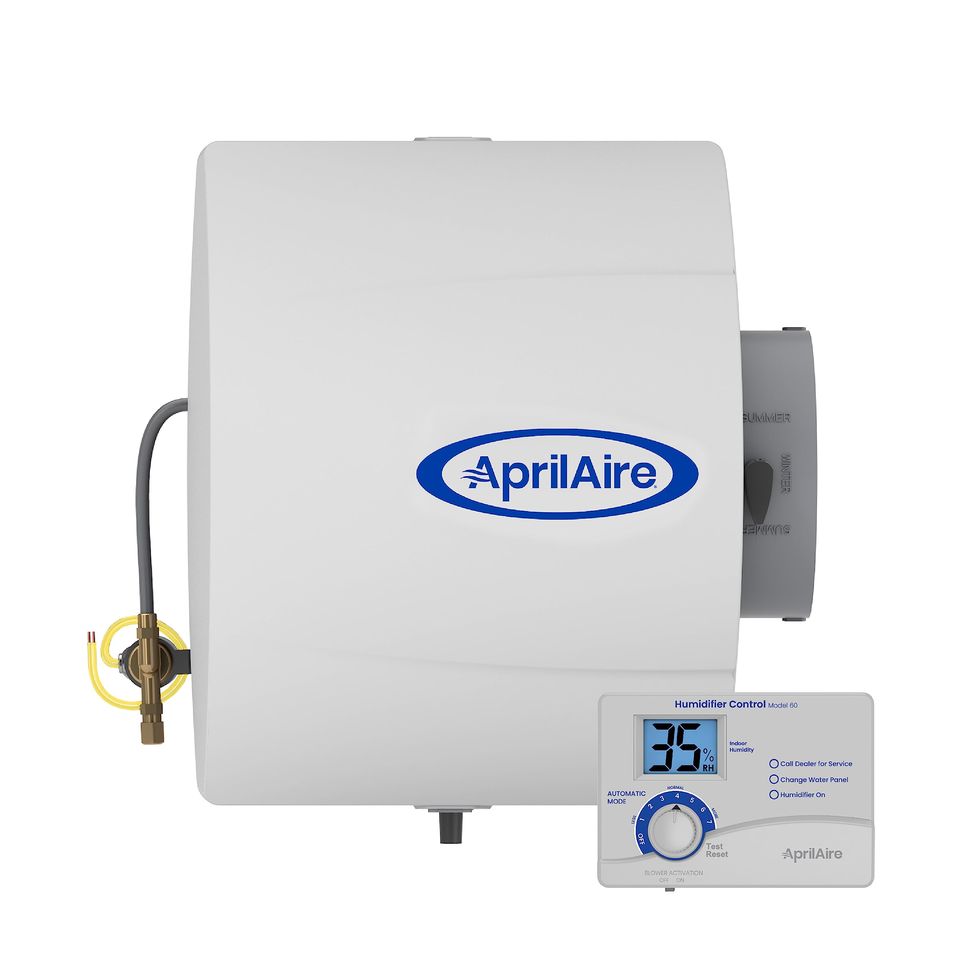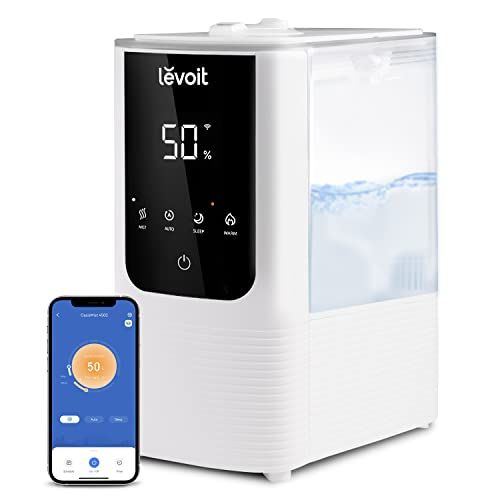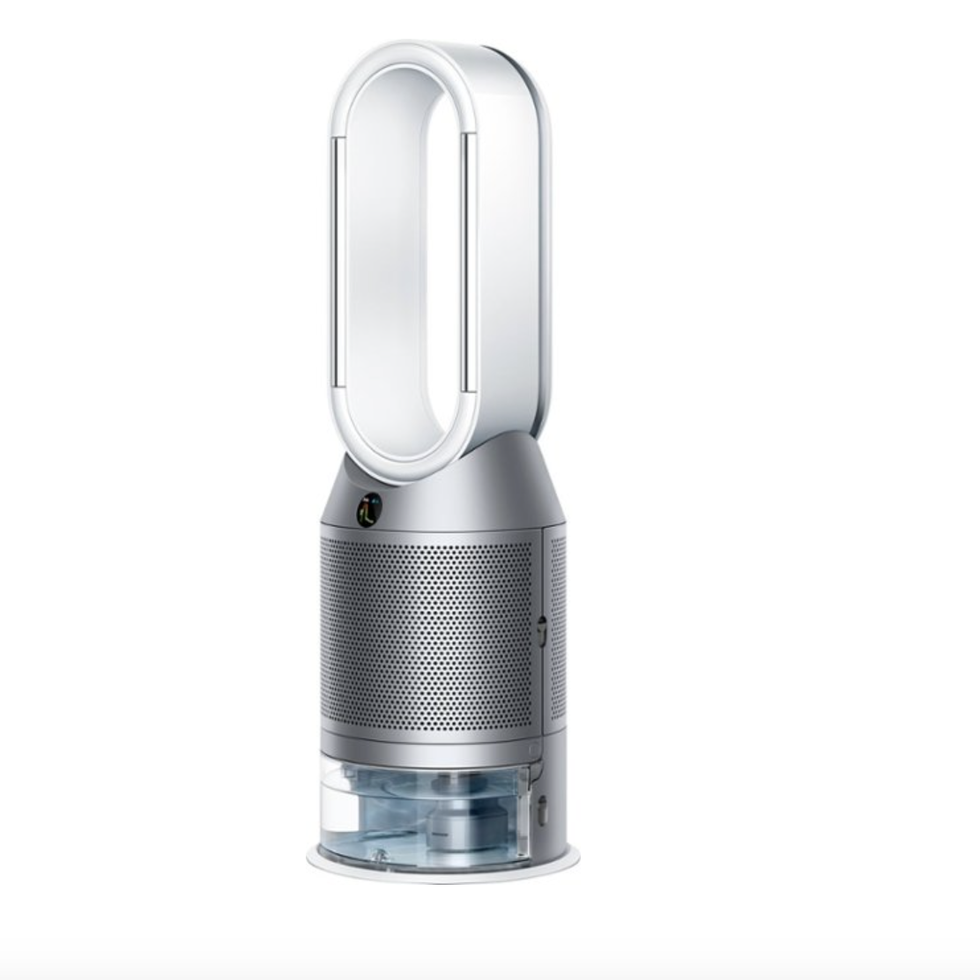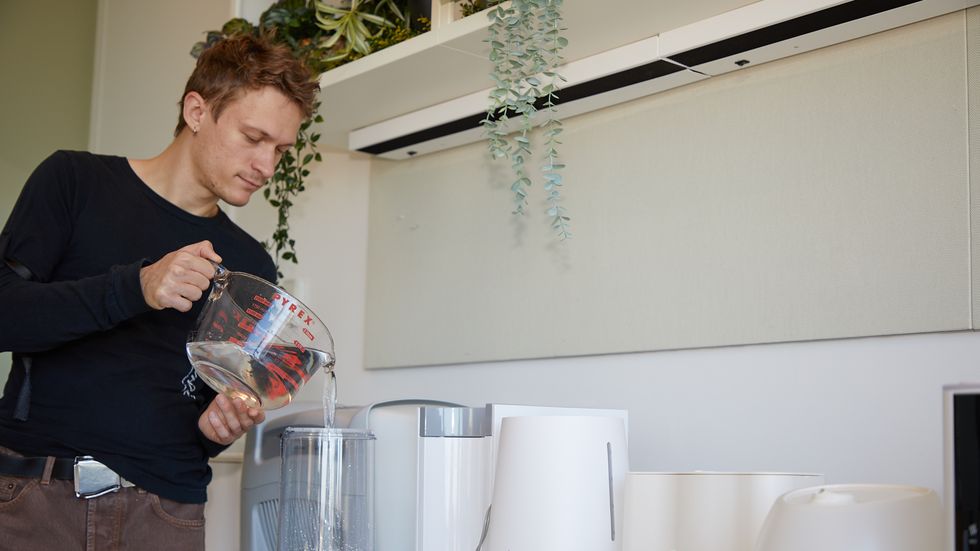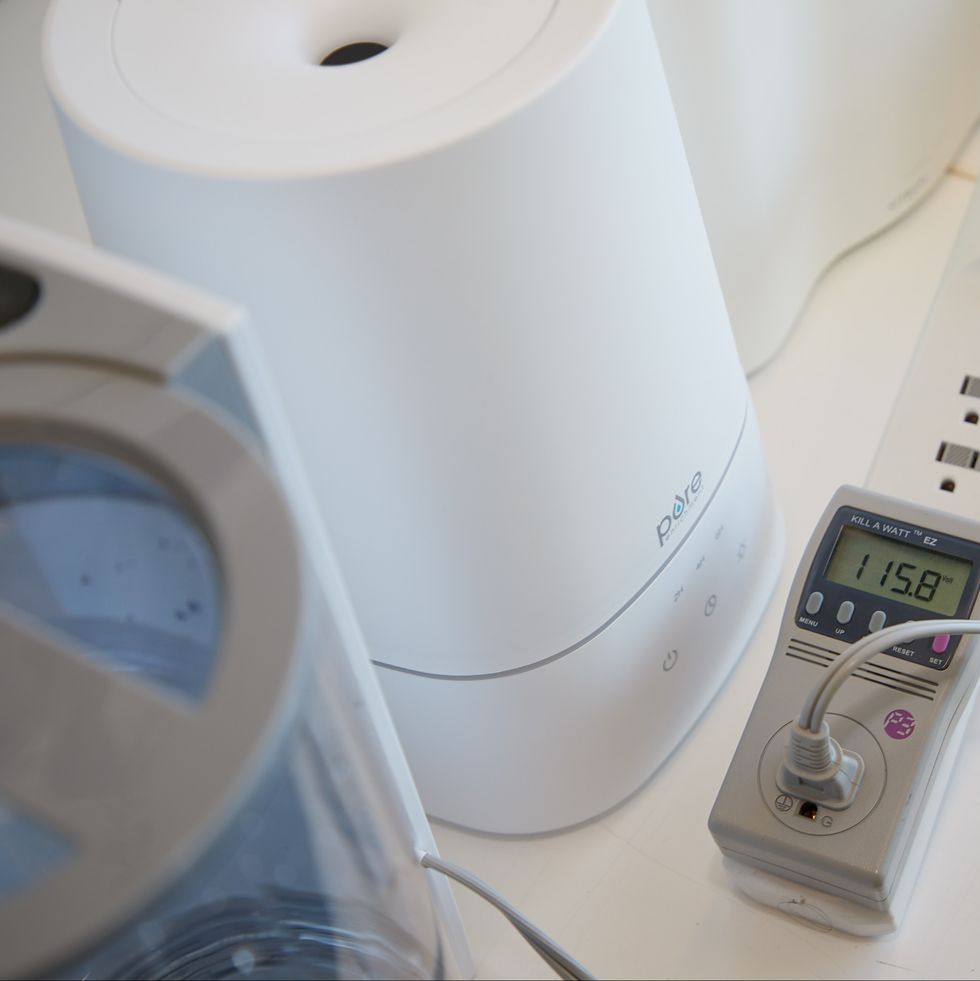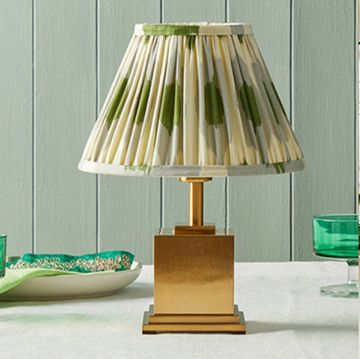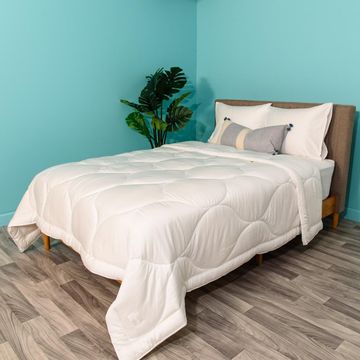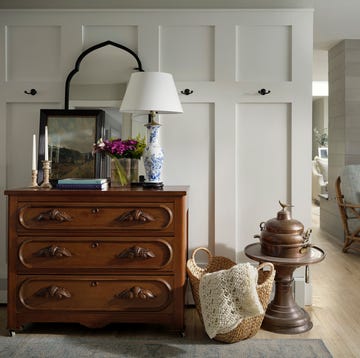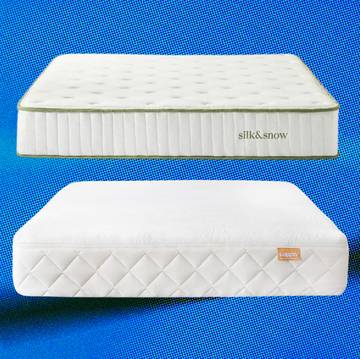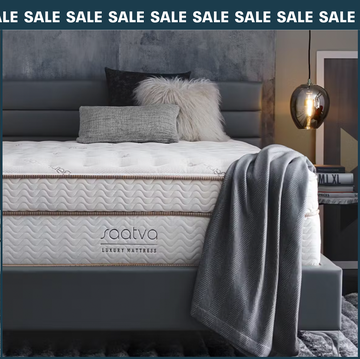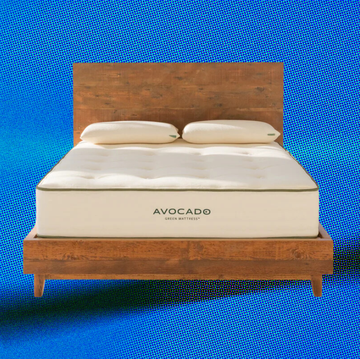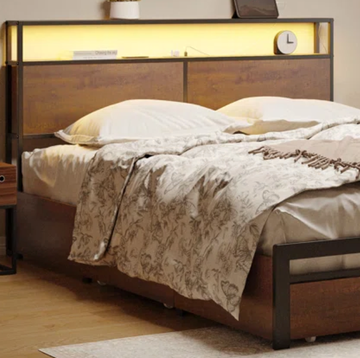8 Best Humidifiers for Coughs, Allergies, Dry Skin and More
Deep breath — our experts have you covered with their latest round-up of top picks.
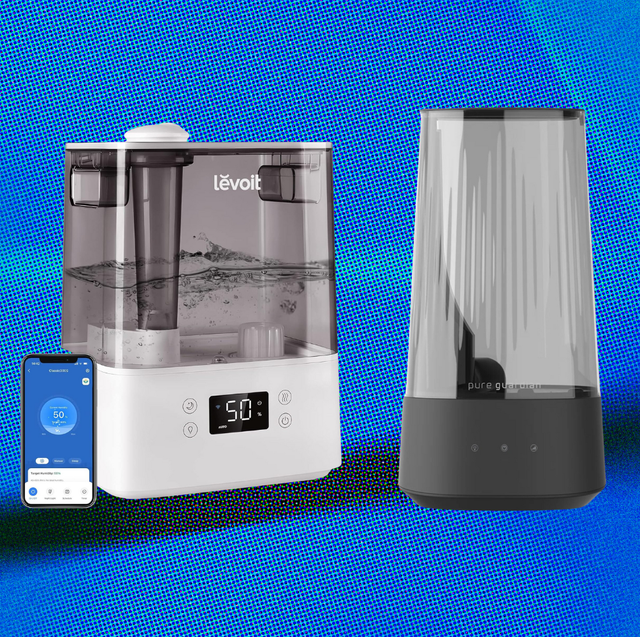
We've been independently researching and testing products for over 120 years. If you buy through our links, we may earn a commission. Learn more about our review process.
Winter is the prime time to make sure your home is equipped with a capable humidifier — or a few of them, depending on the size and makeup of your household. By adding moisture to the air, these portable machines relieve itchy skin and dry eyes and can also help with common cold symptoms, like stuffy noses and nighttime coughing. They’re even good for the house itself, since dry indoor air takes a toll on wood floors, artwork and electronics.
In the last two years, our team of product experts and engineers in the Home Improvement and Outdoor Lab of the Good Housekeeping Institute has tested 20 humidifiers, evaluating them on factors like moisture output, ease of use, energy efficiency and noise. We also sent units into the homes of consumer testers to see how they perform in real-world conditions.
The following round-up includes the top picks across a variety of needs, from a nursery to whole-house humidification. Find the one that's right for you — and breathe a little easier all winter long.
How we test humidifiers
The product analysts at the Good Housekeeping Institute survey the marketplace and manufacturers throughout the year to identify the models that consumers nationwide are most likely to find in stores and online. From there, we select models for testing across different size categories to cover every need and budget. Our engineers have evaluated dozens of humidifiers in the past decade, reviewing 20 humidifiers for this most recent review.
When our pros look at humidifiers, we first assess their ease of use: How easy is the humidifier to set up and fill? Is it easy to clean and transport? We take note of how comfortable the handle is as well as the intuitiveness of controls.
Next, we evaluate each humidifier’s performance in a series of Lab tests measuring each humidifier’s tank capacity, output capacity (liters/day) and how long a single tank fill lasts, i.e. will it make it through the night? To assess efficiency, we measure the time it takes the humidifier to reach set humidity levels in our Lab’s humidity-controlled chamber. Lastly, we take note of sound levels, energy consumption and extra features like smart connectivity.
What to look for when shopping for the best humidifier
✔️ Cool mist vs. warm mist: Both cool and warm mist humidifiers effectively add moisture into the air, but cool mist options tend to be better for homes with children and pets since potentially hazardous hot steam isn't emitted, the way it is with warm mist machines. Cool mist humidifiers can be used year-round and they are especially effective at relieving cold symptoms, since they help ease respiratory and sinus discomfort.
Within the cool-mist category, you'll find two technologies: evaporative and ultrasonic. Evaporative humidifiers use a fan to draw air through a wet wick and then release the vapor into the air. Ultrasonic cool mist humidifiers use a high-speed vibrating plate to turn water into a fine mist. Without any gurgling water, these are often the quietest options when it comes to cool mist humidifiers.
Meanwhile warm mist humidifiers, also known as vaporizers, have an internal heating element which boils water, in turn releasing steam into the room. They're best for reducing germs and bacteria, and will be a welcome feature on colder nights when you’d like to add some heat to the air.
✔️ Size: Each humidifier is designed for a certain room size based on factors like its tank size and discharge rate. To make sure you have the right size, double-check the manufacturer’s recommended square footage for your model. Most of our picks are portable, tabletop humidifiers for small to medium rooms; if you need humidity throughout your entire home, consider one of our recommended whole-house humidifiers.
✔️ Water-tank capacity: Some humidifiers can only operate for a few hours before needing to be refilled, while others have larger water tank capacity and can go for 48 hours or longer. For humidifiers that have smaller tanks and require more frequent refilling, an auto-off feature is good to have so that the humidifier won't try to continue running even after the water runs out.
✔️ Tank design: The tank design impacts how easy a humidifier is to use and maintain. Look for tanks that have large openings to make refilling and cleaning easier. Translucent designs are also helpful because they allow you to see how full the tank is, so you know when it’s time to refill.
✔️ Ease of cleaning: Cleaning your humidifier at least once a week is extremely important to prevent the growth of mold, bacteria and microbes, which is the last thing you need flying through the air when you're dealing with respiratory issues. Make sure your humidifier is easy to disassemble and scrub, since you'll be doing it often.
What are the benefits of a humidifier?
Adding a humidifier to your bedroom or any other room in your home infuses dry air with much-needed moisture so you can maintain ideal indoor humidity levels ranging between 30% to 50%. One of the most sought-after benefits of a humidifier is that it helps you breathe easier. But that doesn’t mean that humidifiers are only for asthma sufferers or those with allergies.
In general, inhaling too much dry air can lead to nosebleeds and make breathing difficult for everyone, explained Janet Hill Prystowsky, M.D. By adding moisture to the air, you can help lubricate dry airways, relieve stuffy noses, soothe persistent coughs and even combat snoring.
A humidifier can even help leave you feeling and looking more refreshed by decreasing the loss of water in your skin and preventing itchy or chapped lips. "A humidifier that adds 30% to 40% of humidity back into the air will moisturize all of your exposed surfaces," Prystowsky said. Even better: Because your skin is more moisturized, scars, wrinkles and facial blemishes will be less visible. Our research has also found that the right humidifier can help houseplants stay properly hydrated throughout the day.
Our experts warn that while the benefits of a humidifier are high during drier seasons like winter, it's important to not overdo it: "High humidity can make your home feel stuffy and cause harmful bacteria or mold to grow, which can lead to more respiratory problems," said Tonya Winders, president and CEO of Allergy & Asthma Network. Both Winders and Prystowsky suggested using a hygrometer, which measures air moisture if you’re not sure how much humidity is inside your home. Lastly, you should always make sure to clean your humidifier regularly to keep mold from growing inside. "As long as you keep it cleaned, you shouldn't have any problems," Prystowsky said.
Why trust Good Housekeeping?
Dan DiClerico has been testing and writing about humidifiers for 25 years. In that time, he has spearheaded numerous investigative reports on the topic of indoor air quality, working closely with outside experts from government, industry and the home services space. As Director of Home Improvement and Outdoor at the Good Housekeeping Institute, DiClerico oversaw the latest round of humidifier testing in our Labs, as well as the continuous in-home, survey-based consumer testing that allows us to evaluate these devices in real-world conditions.
Olivia Lipski covers everything from consumer electronics to home, outdoor, fitness and more. To survive harsh NYC winters (and the dry skin that comes along with it!), she’s been sleeping next to a cool mist humidifier for years.
Having written thousands of product reviews and how-to articles on all aspects of home ownership, from routine maintenance to major renovations, Dan (he/him) brings more than 20 years of industry experience to his role as the director of the Home Improvement & Outdoor Lab at the Good Housekeeping Institute. A one-time roofer and a serial remodeler, Dan can often be found keeping house at his restored Brooklyn brownstone, where he lives with his wife and kids.
Olivia (she/her) is a senior reviews writer and analyst at the Good Housekeeping Institute, overseeing product testing and covering tech, travel, home, fitness, parenting, health and more. Since joining GH in 2021, she has continued to leverage her extensive product reviews experience by staying on top of the industry’s latest innovations and helping readers make better buying decisions. Olivia is a graduate of the George Washington University, with a bachelor’s degree in journalism, political science and French, and she holds a master’s degree in communications from Sciences Po Paris.

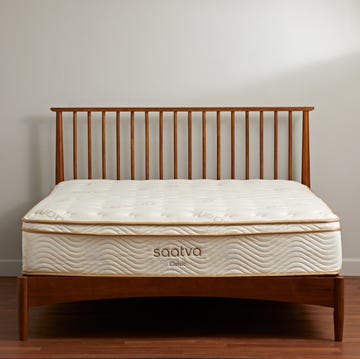
The Best King Size Mattresses

Best Innerspring Mattresses

The Best Silk Pillowcases

The Best Mattresses in a Box
